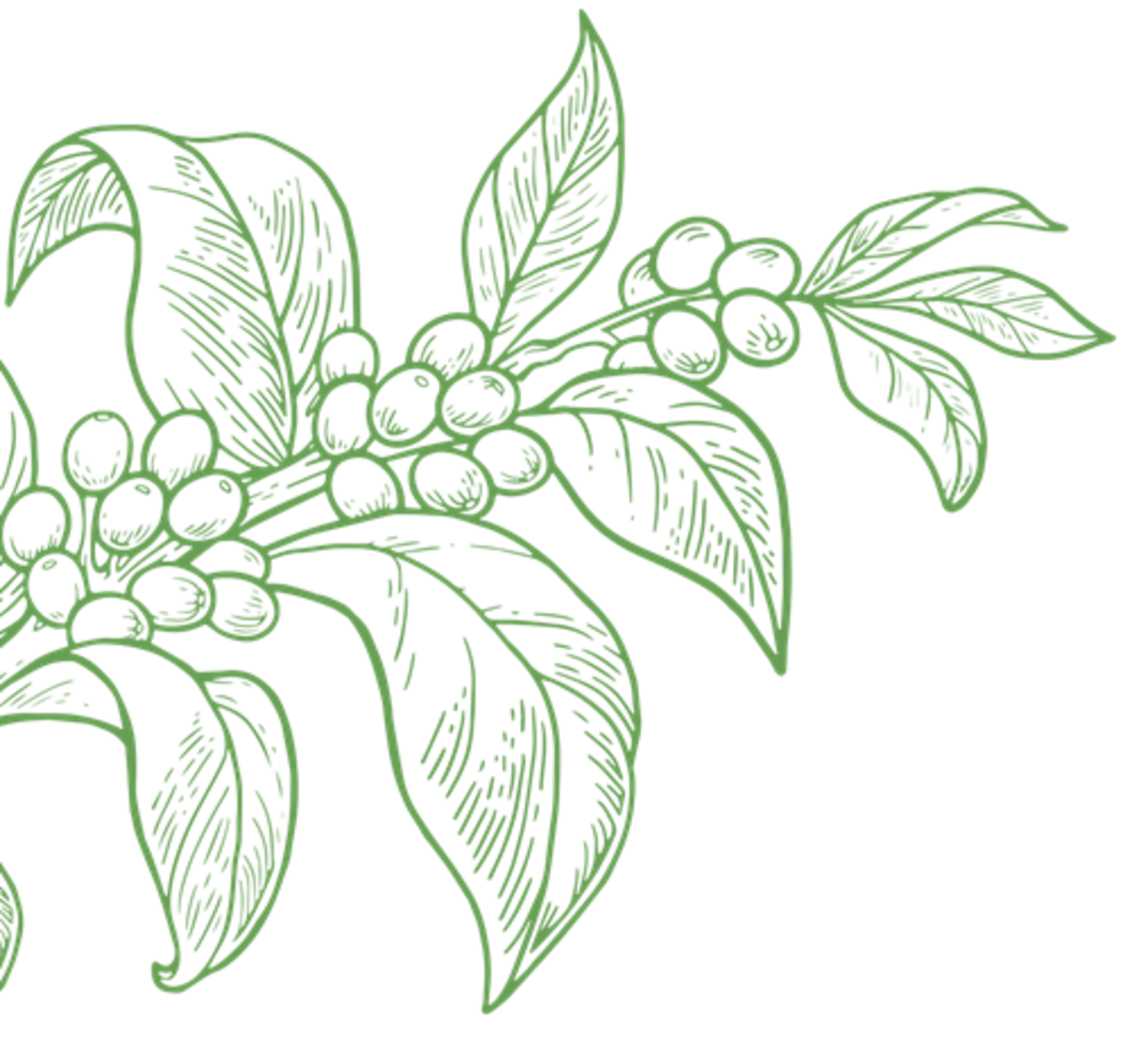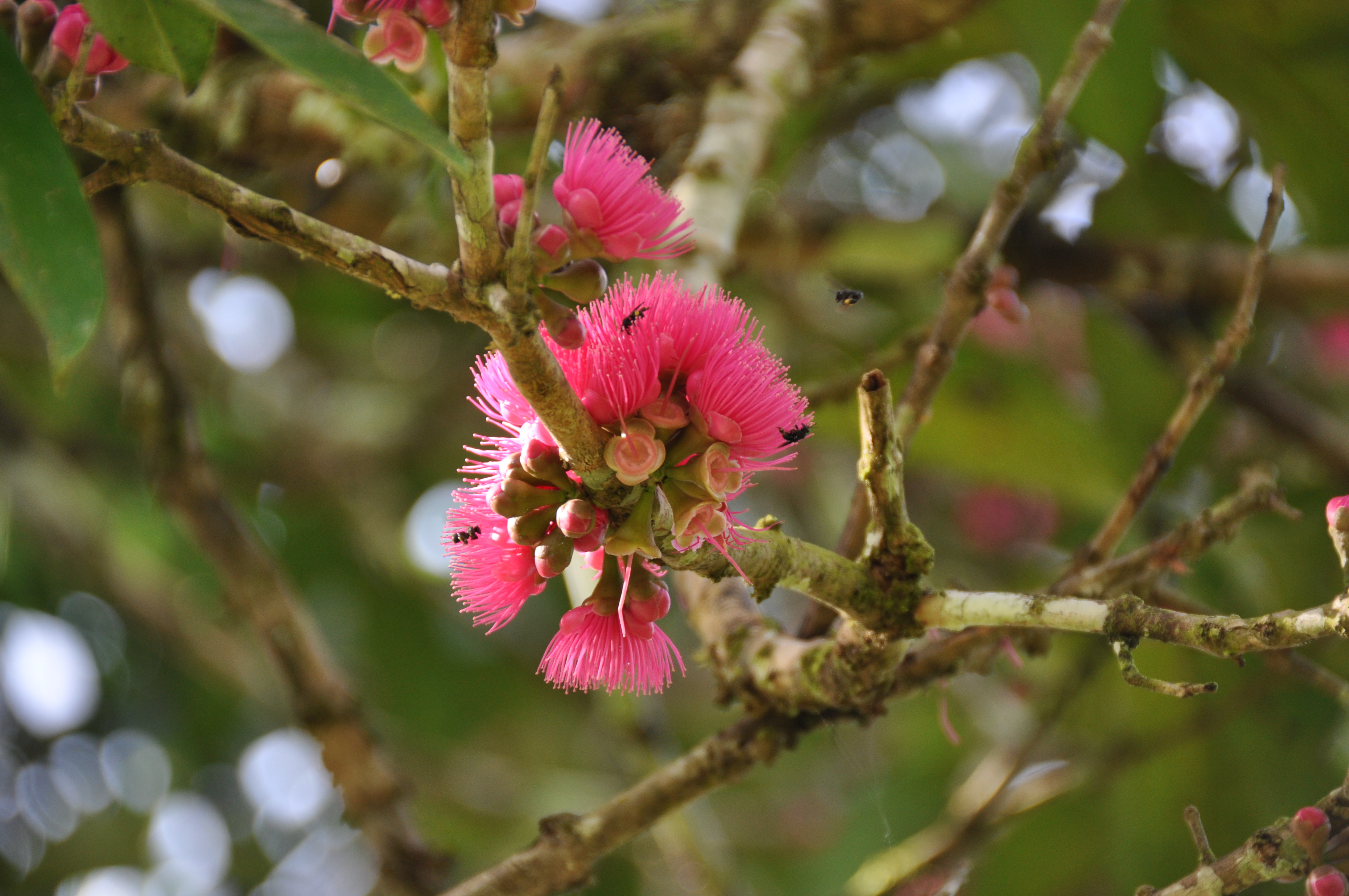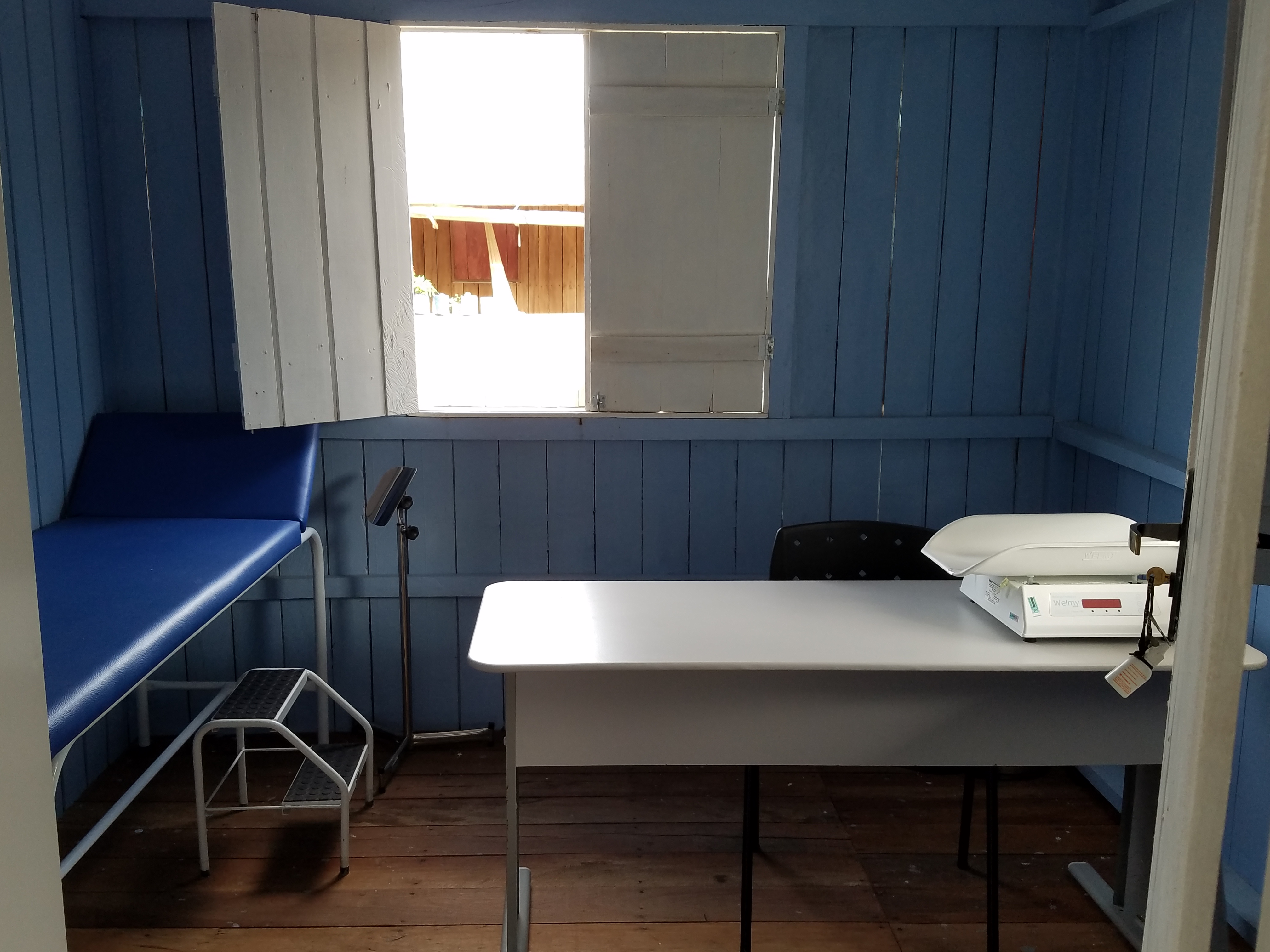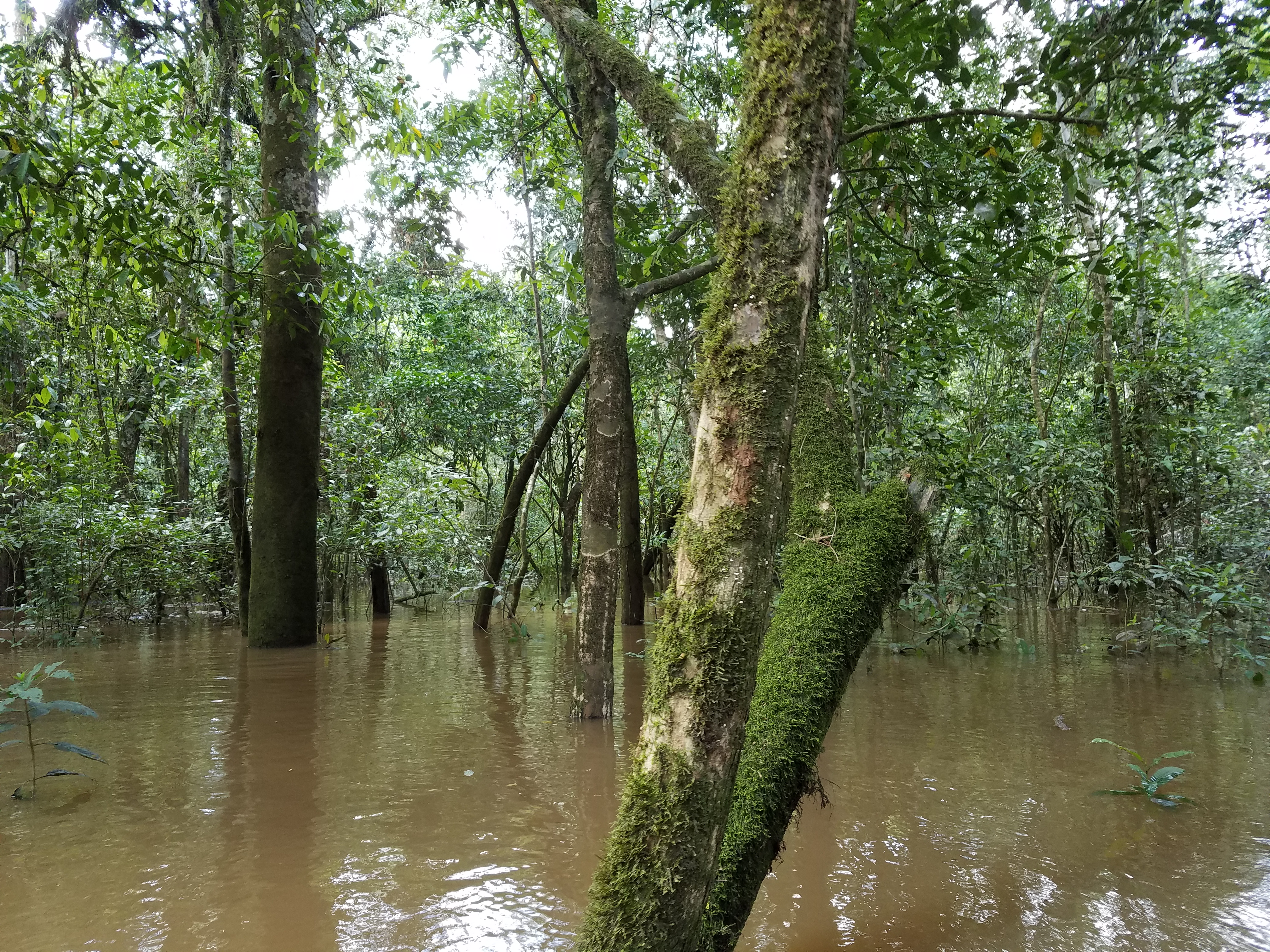
RAINFOREST PROTECTION IN ACRE, BRAZIL
Acre in Brazil is renowned for its species-rich rainforests. For many people in the region, the forest is a vital resource, presenting complex challenges where environmental conservation must be balanced with social and economic development.
Forest Protection for Climate and Nature
Brazil’s rainforests represent unique ecosystems that are crucial to preserve—not only to protect biodiversity but also to combat climate change. When forests disappear, for example through logging or slash-and-burn agriculture, we lose their essential role as carbon sinks; forests cease to absorb and store carbon dioxide, and slash-and-burn methods additionally release significant amounts of greenhouse gases directly into the atmosphere. If the land is then used for livestock grazing, emissions increase further due to methane release.
Protecting the rainforest is therefore critical—not only for nature and the climate but also for future opportunities for sustainable agriculture, such as coffee farming, in the region.
 Photo: Anthesis
Photo: Anthesis
The Russas project is a REDD+ initiative* protecting approximately 42,000 hectares of tropical rainforest along the Valparaiso River. By preventing deforestation, the project conserves carbon that would otherwise be released into the atmosphere—making a tangible contribution to emissions reduction and combating global warming. To date, the project has already saved 5,354 hectares of forest, resulting in significant climate benefits.
The project also plays a vital role in safeguarding habitats for many endangered species, maintaining ecosystem health and biodiversity by preserving the forests.
*REDD+ stands for Reducing Emissions from Deforestation and Forest Degradation. It is an international framework under the UN Framework Convention on Climate Change (UNFCCC) aimed at reducing greenhouse gas emissions by protecting, conserving, and sustainably managing forests in developing countries.
In addition to climate benefits, the Russas project delivers important social improvements for local communities:
-
Employment: New jobs in forest protection, monitoring, and education strengthen the local economy and provide more secure livelihoods.
-
Education: Improved infrastructure and targeted educational programmes enable more children to attend school and build brighter futures.
-
Health and Hygiene: The construction of 35 sanitation facilities and initiatives focused on health education, including dental care, enhance the quality of life for many families.

Photo: Anthesis
The Russas project is a key part of Acre’s commitment to sustainable development and the conservation of the Amazon rainforest. By combining climate action, biodiversity protection, and social development, the project demonstrates how local communities can be central actors in the fight against climate change—while simultaneously improving living conditions for people and nature.
 Photo: Anthesis
Photo: Anthesis
Quality Assurance and Certification
The Russas project is certified under the Verified Carbon Standard (VCS), ensuring that its climate benefits are rigorously reviewed and independently verified.
The project contributes to the following global goals:

